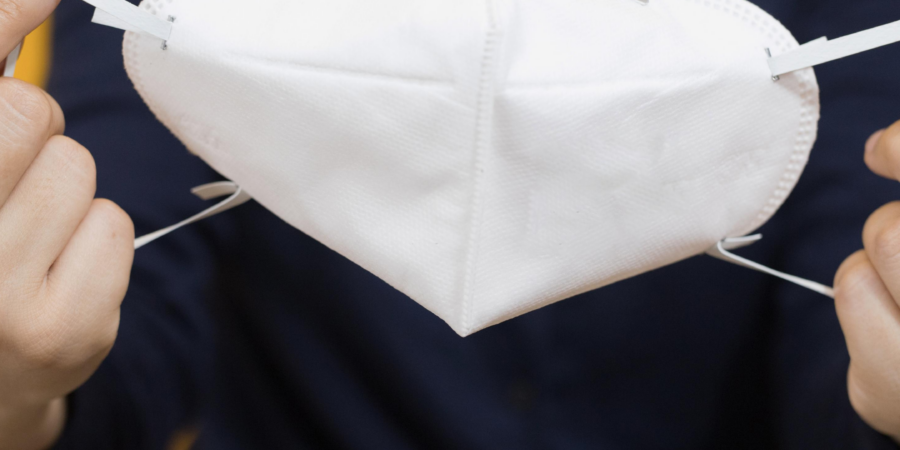



Have you lost your sense of smell or taste? Tell us about it during your phone registration! Beware of unusual Covid-19 symptoms!
August 9, 2020
New disease statistics, information about virus outbreaks, tests, swabs, work on a vaccine – hundreds of reports related to the COVID-19 pandemic are coming in every day. As recipients, we are starting to “immunize” them, treating them as part of our everyday lives. We have become accustomed to appeals for caution, restrictions on access to some institutions, and ubiquitous reminders to disinfect hands, wear masks, and maintain social distance. Unfortunately, according to epidemiologists, the coronavirus is not letting up and is still very dangerous.
SARS-CoV2 ON THE ATTACK
Experts emphasize that until a vaccine against SARS-CoV2 is developed, the only effective way to control the pandemic is to quickly detect new cases and isolate infected people. This is especially important because in most people infected with coronavirus, the disease is mild or even without typical infectious symptoms. We can therefore infect others without realizing that we pose a threat to those around us. Therefore, it is worth monitoring your health more carefully.
ALARM SIGNALS
Fever, dry cough, shortness of breath, muscle pain, feeling of fatigue – these are the symptoms given by WHO the shortest list of symptoms that may indicate a developing infection COVID-19. However, experts point out that atypical symptoms may precede the appearance of the full-blown form of the disease. This includes the loss of taste and smell, which, according to the American agency CDC /Centers for Disease Control and Prevention/ reported more than 80% patients who were diagnosed SARS-CoV2The appearance of such symptoms was also confirmed by studies conducted in large coronavirus outbreaks in Iran and South Korea.
"Untypical neurological symptoms reported by patients always arouse doctors' vigilance," emphasizes Mariola Madler Litera, head of NZOZ Twój Lekarz. It is important for patients to remember them during telephone registration and during teleconsultations provided by our specialists," adds the doctor. She also notes that the question about unusual symptoms is part of the survey filled out by all patients reporting to Przychodnia Twój Lekarz for personal visits.
Who we are
In our work, we are guided by the idea of a family doctor who provides the patient with comprehensive care at all times, not only when they are ill. Our mission is to take care of the health of residents on a daily basis. We provide health education and promote prevention.
Copyright © Wrocław 2021 NZOZ Your Doctor Sp. z o. o. All Rights Reserved.
Website created by KomuKoncept: www.komukoncept.pl






